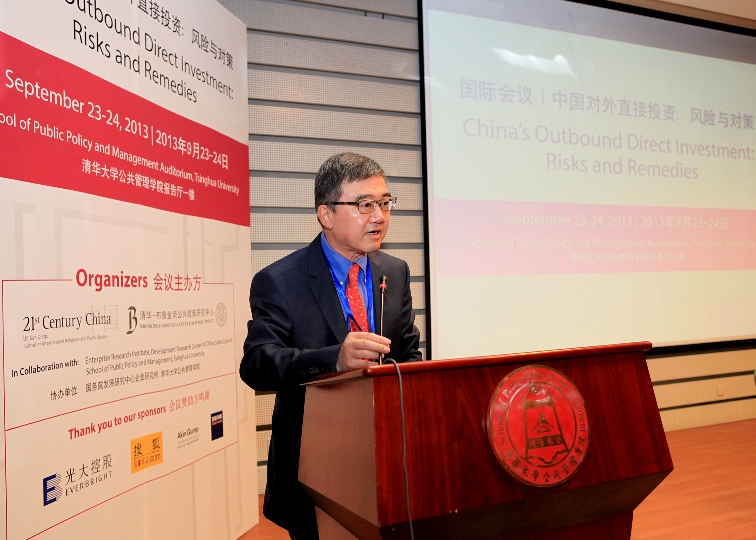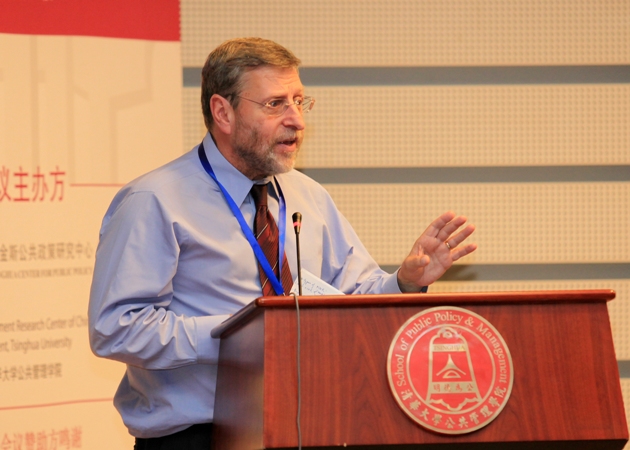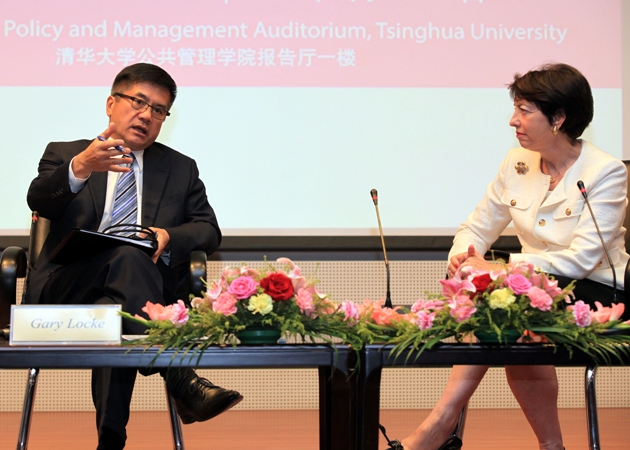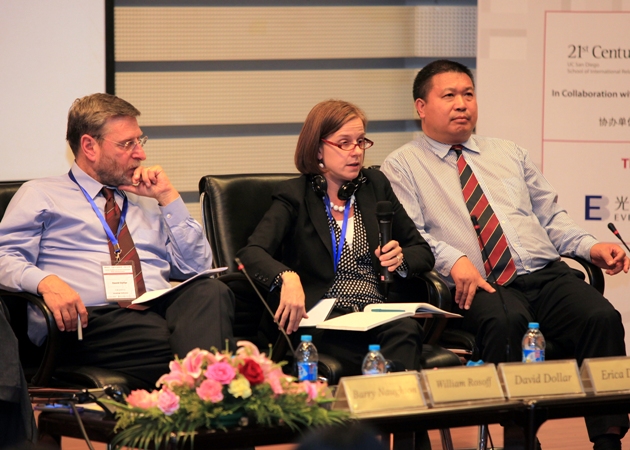

Past Event
Content from the Brookings-Tsinghua Public Policy Center is now archived. Since October 1, 2020, Brookings has maintained a limited partnership with Tsinghua University School of Public Policy and Management that is intended to facilitate jointly organized dialogues, meetings, and/or events.
China’s outbound investment is expected to increase by leaps and bounds in the next decade. Chinese companies are poised to become a major economic force in the global economy. Outbound direct investment by Chinese companies presents unprecedented opportunities for both Chinese companies and their global partners.
The relatively brief history of Chinese companies’ outbound investment indicates, however, that Chinese outbound FDI faces many hurdles both at home and in the destination countries. How can we assess the regulatory, financial, labor, environmental and political risks faced by Chinese multinational companies? What remedies can mitigate such risks for the Chinese firms, for the host countries of Chinese investment and for the Chinese government and people?
The Brookings-Tsinghua Center for Public Policy co-hosted with the 21st Century China Program at UC San Diego, and in collaboration with the Enterprise Research Institute and Tsinghua’s School of Public Policy and Management, a two-day conference at Tsinghua University in Beijing, China, on September 23 and 24, 2013. The conference gathered leading experts, policy makers and corporate leaders to examine the latest research on trends and patterns of Chinese outbound direct investments; the regulatory framework and policy environment in China and destination countries (particularly, but not only in the U.S.); and the implications of Chinese outbound direct investment for China’s economic growth and the global economy. Keynote speakers of each day were Jin Liqun, chairman of China International Capital Corporation, and Gary Locke, U.S. ambassador to China. Mr. Jin suggested that China’s foreign direct investment companies should cooperate with local firms and be willing to talk to the local governments about their problems. Ambassador Locke, on the other hand, introduced the advantages of the U.S. as an investment destination country. He also agreed that investors were supposed to get local help to achieve success.
The audiences included major Chinese companies, service providers in the area of overseas direct investment, policy makers and scholars.
Read more about the speakers and the conference agenda »






Witney Schneidman
April 17, 2024

Douglas A. Rediker
April 15, 2024

Robin Brooks
April 11, 2024